Spotlight Series: Dr. Edward Clay Polson
This week we are featuring Dr. Edward Clay Polson, Co-I of sub-project 3.
Dr. Clay Polson, along with Dr. Oxhandler, outlines the importance of determining the climate among faculty regarding RS in the arena of graduate programs. To address this, sub-project 3 will administer a nationwide survey to graduate school faculty in the four main disciplines of mental healthcare. This survey will provide a thorough and extensive rendering of the current state of RS in graduate education.
Read more about their plans with sub-project 3 here →
In a study of 119 MSW program leaders, Dr. Polson and colleagues discovered that these leaders consider R/S to be important, engage in various R/S practices, and report elements of intrinsic religiosity. In fact, more than half of respondents reported engaging in private religious activities weekly. Significant differences were discovered between MSW program leaders and social work practitioners, including MSW program leaders considering themselves to be slightly more religious and less spiritual compared to LCSWs. These findings point to how the R/S beliefs of program leaders may influence implicit and explicit curricula.
Read the rest of the article here:
Oxhandler, H.K., Moffatt, K.M., Polson, E.C., & Pooler, D.K. (2020). The religious and spiritual beliefs and practices of MSW program leaders across the United States. Journal of Religion & Spirituality in Social Work: Social Thought, 39(3), 324-344.
Dr. Polson analyzed survey data from the Midwestern United States to understand how racial and ethnic diversity in religious congregations may be related to variations in organizational “bridging social capital” (i.e., social connections between different groups of people and organizations). He and his co-investigator found that multiracial religious congregations tended to develop more interorganizational collaborations and engage in more external community service efforts compared to racially homogenous religious congregations. These results demonstrate that multiracial religious congregations represent a key part of civic and community engagement.
Learn more here:
Polson, E.C. & Gillespie, R. (2019). The bridging activity of multiracial congregations. Religions, 10(3), 204.
